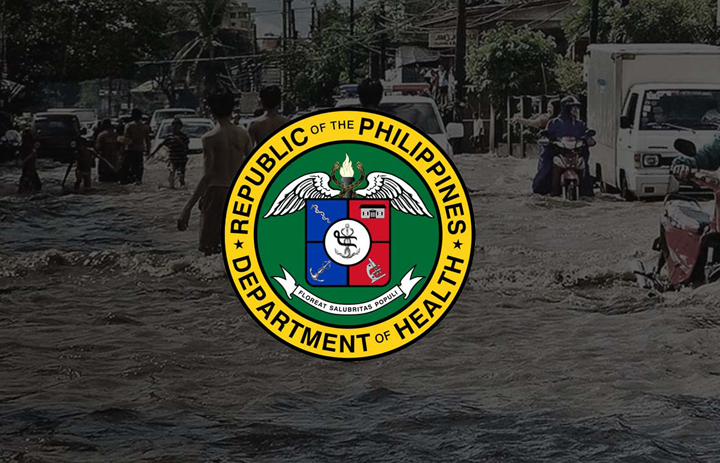
The Department of Health (DOH) has reported a significant increase in both dengue and leptospirosis cases across the country due to heavy rains and widespread flooding. Recent data reveals a concerning 42% surge in new cases, with 182 recorded from June 18 to July 1, compared to the 128 cases in the previous two weeks.
As of July 15, leptospirosis cases have reached a total of 2,079 since the beginning of the year, with 225 fatalities reported. On the same date, the number of dengue cases nationwide reached a staggering 80,318, and health authorities fear that this number might continue to rise as reports from various provinces are yet to be included in the official count.
Of the dengue cases, 990 have been classified as critical, while 229 deaths have been recorded. Alarmingly, 40 lives were lost without exhibiting any recognizable symptoms, underscoring the stealthy nature of the disease.
The DOH has launched an urgent public advisory urging citizens to take immediate precautionary actions following exposure to floodwaters. It is crucial for individuals to maintain proper hygiene and cleanliness, particularly when wading through flooded areas, as the standing water becomes a breeding ground for disease-carrying mosquitoes.
To combat the alarming surge in dengue cases, the DOH is actively promoting the “4S strategy” among the public:
1. Search and Destroy: Individuals are advised to proactively search for and eliminate potential mosquito breeding sites in and around their homes.
2. Self-Protection Measures: To protect themselves from mosquito bites, the public is encouraged to use mosquito repellents, wear long-sleeved clothing, and sleep under mosquito nets.
3. Seek Early Consultation: Any individual experiencing symptoms associated with dengue, such as high fever, severe headache, and eye pain, must immediately seek medical attention.
4. Support Fogging/Spraying: Local authorities are conducting fogging and spraying operations to control mosquito populations in high-risk areas.
The DOH emphasizes that timely preventive actions can save lives and curb the spread of these mosquito-borne diseases. Moreover, public cooperation and adherence to the 4S strategy are pivotal in reducing the burden on healthcare facilities and protecting vulnerable communities, especially in flood-prone regions.
Health officials are closely monitoring the situation and collaborating with local governments to contain the outbreaks effectively. They also stress the importance of educating the public about the risks of dengue and leptospirosis, as well as the necessary precautions to prevent further transmission.
The collective effort of the government, health authorities, and the public remains vital in combating the surge of dengue and leptospirosis cases, with the ultimate goal of safeguarding the health and well-being of the entire nation.


